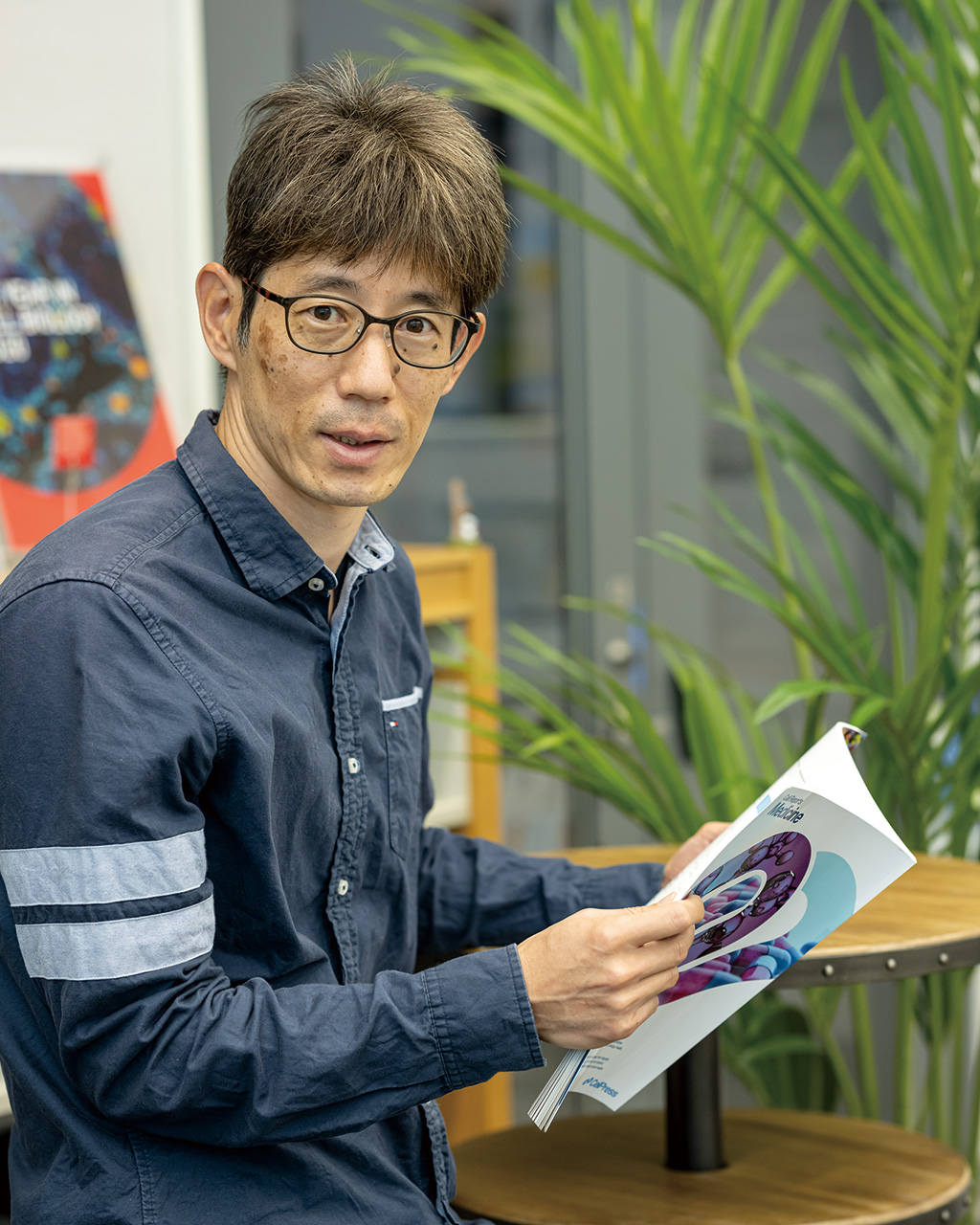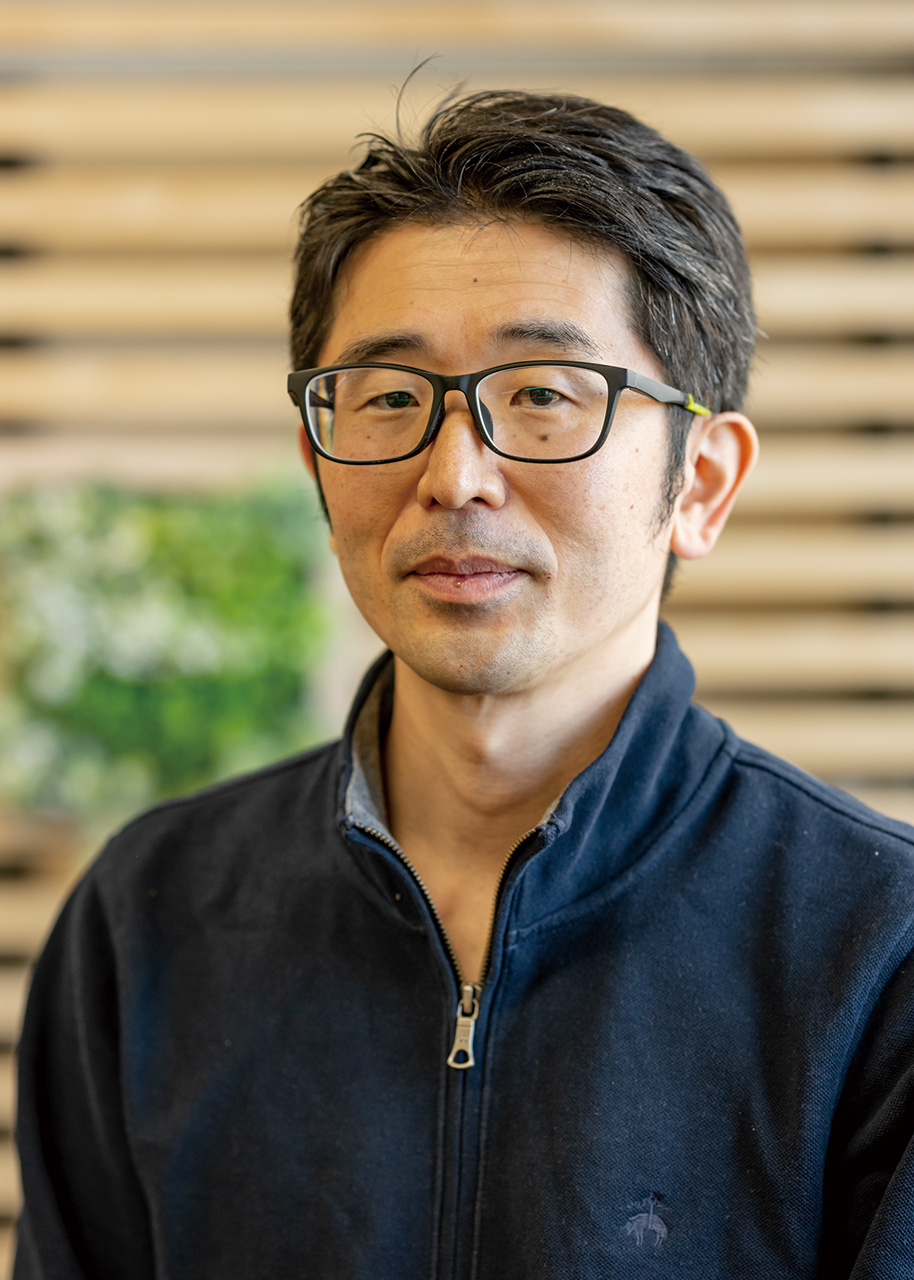Meet our scientists! 2022

Xiaoli
Guo
Xiaoli
Guo
Inflammation is a critical immune response to attacks from bacteria, viruses, and other harmful substances. It functions to eliminate these harmful substances and clear out dead and damaged tissue. However, inflammation also has deleterious effects on the body. For example, neuroinflammation contributes to the severity of many neurodegenerative diseases. Thus, it is crucial to understand the molecular and cellular pathways causing inflammation. One of the goals of the Visual Research Project, led by Takayuki Harada, at TMIMS is to better understand diseases such as glaucoma or multiple sclerosis (MS) in order to develop more effective treatments. More recently, Guo and her colleagues identified the cell types and cellular and molecular interactions necessary for ASK1’s role in inducing neuroinflammation in MS. This work, “ASK1 signaling regulates phase-specific glial interactions during neuroinflammation,” was published in the Proceeding of the National Academy of Science, USA (Proc Natl Acad Sci U S A. 2022 Feb 8;119(6):e2103812119. doi: 10.1073/pnas.2103812119). We spoke to Dr. Guo about her work and her interest in science..

Taku
Miyagawa
Taku
Miyagawa
Sleep is an essential part of our lives, but even now, we only have a limited understanding of why sleep is so important. What causes us to feel tired and fall asleep? Why do we feel so refreshed after waking? One way to understand sleep better is to identify biological pathways regulating sleep. Traditionally geneticists study mutants defective in a biological process and compare them to normal animals to identify mutations in genes important for that biological process. For example, narcolepsy type 1 is a neurological disease associated with defects in regulation of sleep-wake cycles. Narcolepsy has been shown to be caused by a defect in production of orexin-A, a neuropeptide that excites various brain nuclei to increase an animal’s wakefulness. However, in contrast to narcolepsy, the causes of a different sleep disorder, idiopathic hypersomnia (IH), have been completely unknown. While narcolepsy patients tend to sleep for normal amounts of time and wake up refreshed after sleeping, IH patients suffer intolerable sleepiness in the daytime and tend to sleep much longer than normal. Taku Miyagawa, a staff scientist in the Sleep Disorders Project led by Makoto Honda, is interested in understanding the causes of IH. Interestingly, he found that a rare missense variant in the cleavage site of prepro-orexin is associated with IH. Thus, alterations in orexin signaling can be associated with two different sleep disorders, narcolepsy and IH. This work was published in a paper, “A rare genetic variant in the cleavage site of prepro-orexin is associated with idiopathic hypersomnia,” (npj Genom.Med. 7, 29 (2022)). We spoke to him about his work.

Kosuke
Tanegashima
Kosuke
Tanegashima
A lot of research has focused on antibodies and adaptive immunity, especially recently because of the coronavirus pandemic. However, innate immune responses are also fascinating to study. They attack foreign invaders very quickly although they have less specificity than antibodies. Recently, Kosuke Tanegashima, a staff scientist in the Stem Cell Project, led by Takahiko Hara, identified a novel innate immunity mechanism that is regulated in a circadian manner. Immune responses are greater during an animal’s subjective nighttime, when they are inactive, compared to their subjective daytime, when they are active. His work was published in a paper, “Circadian protection against bacterial skin infection by epidermal CXCL14-mediated innate immunity,” in the Proceeding of the National Academy of Science, USA (Proc Natl Acad Sci U S A. 2022 Jun 21;119(25):e2116027119. doi: 10.1073/pnas.2116027119. Epub 2022 Jun 15). We spoke to him about his interest in science, his research, and why he thinks it makes sense for some immune responses to be regulated in a circadian manner.

Masato
Hasegawa
Masato
Hasegawa
This year, we were thrilled that Dr. Masato Hasegawa, the head of the Dementia Research Project, was selected as a Clarivate laureate. Clarivate laureates are chosen among scientists who publish highly cited, high-impact papers that strongly influence research in their respective fields, and laureates are leading candidates for being awarded the Nobel Prize. Dr. Hasegawa was chosen based on his 2006 paper, “TDP-43 is a component of ubiquitin-positive tau-negative inclusions in frontotemporal lobar degeneration and amyotrophic lateral sclerosis,” as well as his continuing work on the propagation of neurodegerative diseases.
Interviewed by Jun Horiuch